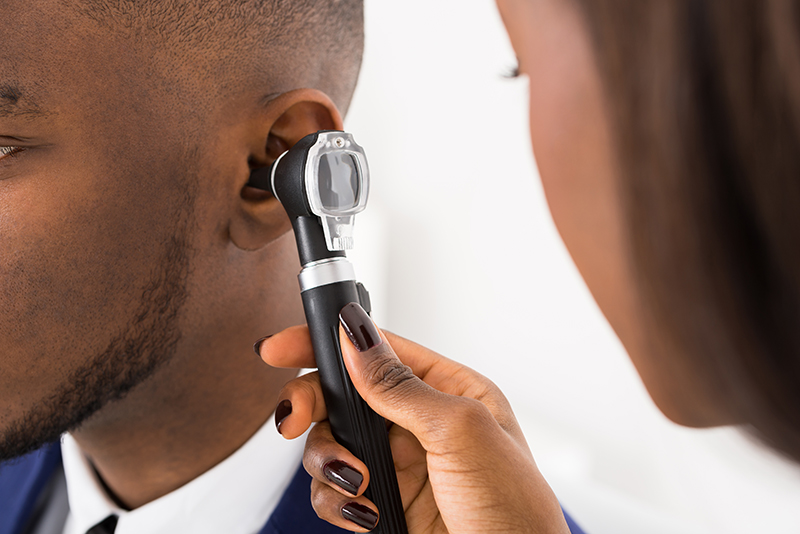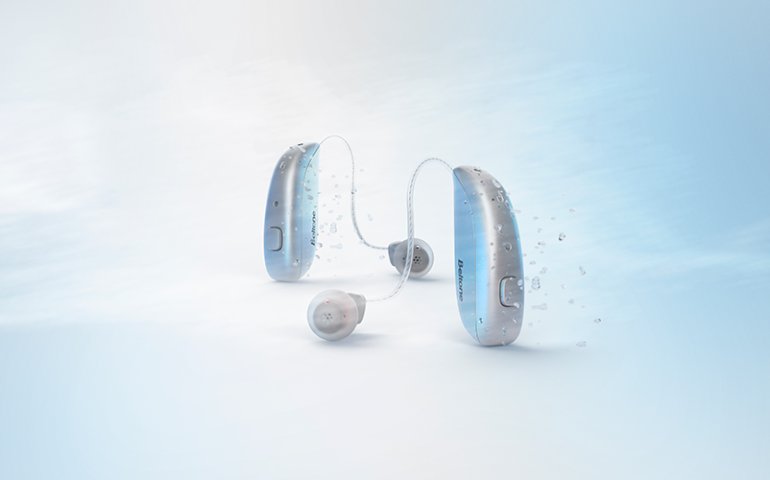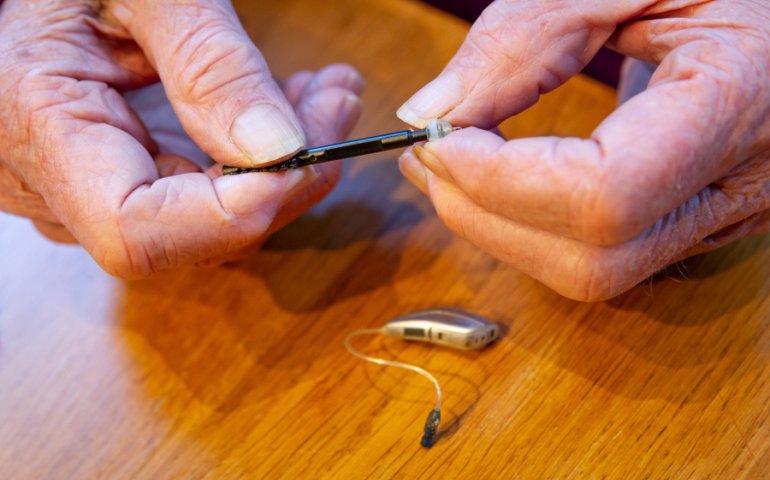Surprising Hearing Loss Risk Factors You May Not Know About
Not so surprisingly, hearing loss is often associated with age, exposure to loud sounds, and, to some extent, genetics. However, some hearing loss risk factors and potential causes may not be on your radar just yet. Below, we put a spotlight on some of the lesser-known risk factors associated with hearing loss that may come as a surprise to you.
Sleep Apnea
Research suggests a link between sleep apnea and an increased risk of hearing loss. It's not known entirely why this may be the case, but it could be due to the disruption in oxygen flow associated with sleep apnea. The resulting blood flow interruption may affect certain parts of the ear.
Iron-Deficient Anemia
Iron plays a role in keeping blood flowing to small inner ear hair cells. This is why there could be a link between a condition known as iron-deficient anemia (IDA) and hearing loss. University of Pennsylvania researchers made this determination after concluding that individuals with IDA were twice as likely to have issues with hearing impairment.
Excess Alcohol Consumption
Consuming too much alcohol could make it challenging to process low-frequency sounds, but that's not all. Your hearing could also be affected because alcohol changes the way sounds are processed in a part of the brain called the central auditory cortex in the temporal lobe. The effects of over-indulging also tend to linger since alcohol is present in blood and the brain for longer periods of time.
Long-Term Stress
It's perfectly normal to experience stress now and then. If stress reaches a point where it's more long-term, your hearing may be affected. During prolonged periods of excessive stress, blood is diverted to reduce circulation within the ear. If this occurs often, delicate parts within the inner ear could be damaged enough to cause some degree of hearing loss.
E-Cig Usage
The nicotine in cigarette smoke has many well-documented health risks. This is primarily why it's increasingly common for regular smokers to turn to e-cigarettes as a "safer alternative" to smoking. Even so, this may not be a safer option when it comes to your hearing health. E-cigarettes contain an alcohol-based ingredient called propylene glycol, which could contribute to hearing problems under certain conditions.
ED Medications
Some prescription medications taken to manage other conditions could also affect your hearing. Should this be the case, it's often possible to make appropriate adjustments to minimize this issue. You may not know that erectile dysfunction (ED) drugs could also take a toll on your hearing. Research suggests PDE-5-inhibitors, used in common ED medications like Viagra, are associated with sudden hearing loss.
Call Us Today
Many other factors could contribute to hearing loss as well. According to anecdotal reports, this extended list includes diabetes, heart disease, certain autoimmune disorders, and possibly COVID-19. If you're experiencing issues with hearing impairment, speak to a hearing specialist to determine if you may benefit from hearing aids. Beltone South offers customized, top-quality options that can impact your daily quality of life.
Contact us today to schedule a hearing evaluation.






